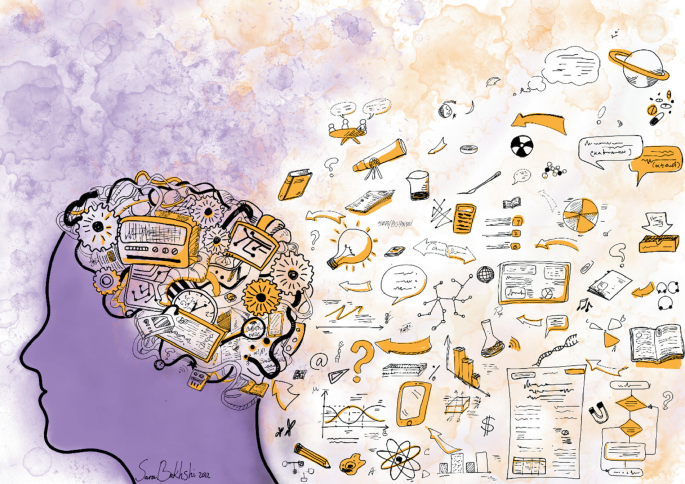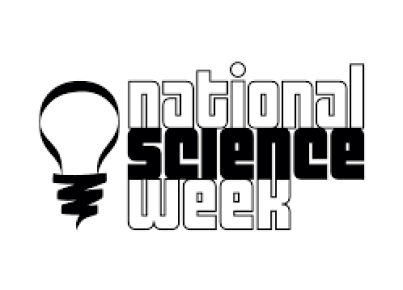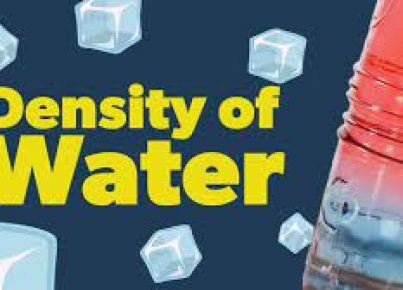Introduction
Thinking skills are crucial abilities that individuals need in order to navigate through the world with ease. Science, an inherently analytical discipline, provides a wealth of opportunities to develop these essential skills. This article delves into the importance of honing one’s thinking skills and how science can serve as a platform for nurturing these abilities.
The Importance of Thinking Skills
Thinking skills encompass a variety of mental processes necessary for problem-solving, decision-making, and comprehension. They involve cognitive abilities such as critical thinking, creativity, evaluative thinking, logical reasoning, and problem-solving. These capabilities enable individuals to make well-informed decisions, consider diverse viewpoints, and tackle challenges effectively.
Developing thinking skills is vital for personal and professional success. In today’s fast-paced world, one must continuously adapt to new information, innovative ideas, and shifting paradigms. Effective thinking skills can boost confidence, enhance interpersonal relationships and communication, and improve career prospects across various industries.
The Role of Science in Developing Thinking Skills
Science as a discipline follows a systematic methodology that promotes analytical inquiry and evidence-based conclusions. Delving into scientific concepts can help individuals cultivate various thinking skills:
1. Critical Thinking: Scientific studies require the ability to evaluate data and information objectively. By critically examining scientific theories and experiments, individuals can sharpen their capacity to assess the merits and shortcomings of different arguments.
2. Creativity: Scientific discoveries often challenge existing norms and understanding. Engaging with science allows individuals to think laterally and explore novel ideas that may deviate from traditional lines of thought.
3. Evaluative Thinking: In the scientific method, hypotheses are formed based on observations and tested through experimentation. This process enables students to learn how to appraise their ideas based on factual evidence — cultivating evaluative thinking in the process.
4. Logical Reasoning: Scientific inquiry requires clarity of thought and logical progression from hypothesis formation to result interpretation. This systematic process allows individuals to hone their logical reasoning abilities as they evaluate the plausibility of their findings.
5. Problem Solving: Science presents numerous challenges that require innovative solutions. Tackling scientific problems accelerates the development of problem-solving capabilities as individuals learn to identify the root cause of an issue and craft appropriate strategies to address it.
Conclusion
Science offers myriad opportunities to stimulate cognitive development and enhance thinking skills. By engaging with these subject matters, individuals can sharpen their mental capacities and foster a deeper understanding of the world around them. Schools, universities, and other educational institutions can play a significant role in encouraging students to cultivate their thinking skills through science, preparing them for a successful future in an ever-changing world.





